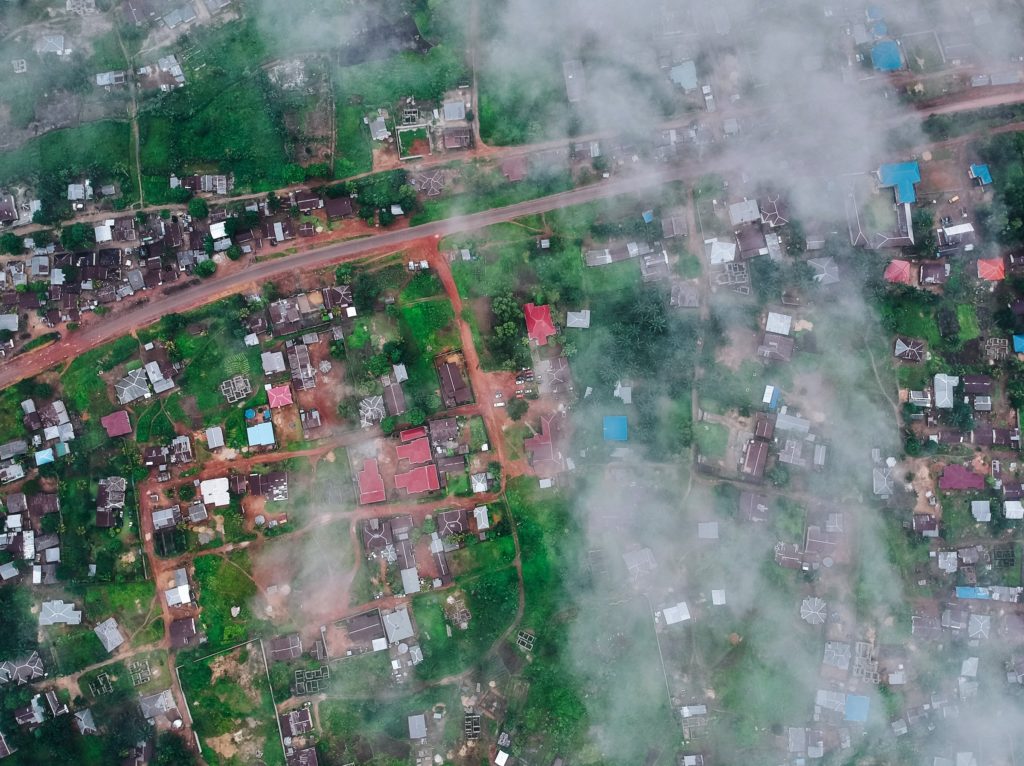Sierra Leone is a country in West Africa, formally known as the Republic of Sierra Leone. Sierra Leone’s economy is that of a developing country, with a GDP of around US$1.9 billion in 2009. The economy has been gradually recovering since the civil war ended in 2002, with a GDP growth rate of 4%-7%. In PPP terms, its GDP ranked between 147th (World Bank) and 153rd (CIA) in 2008. The over-dependence on mineral exploitation has historically impeded Sierra Leone’s economic development. Successive administrations, as well as the general public, have always assumed that “diamonds and gold” are sufficient foreign currency earners and investment lures. As a result, governments have disregarded large-scale commodity agriculture, industrial growth, and long-term investments. As a result, the economy could be regarded as being built on the extraction of non-renewable resources or assets. The World Trade Organization includes Sierra Leone as a member. You obtain duty-free access to the US and European Union markets by forming a corporation here.
Features of LLC registration in Sierra Leone
- The company must have a unique name
- There must be two directors (both individuals and legal entities)
- There are no minimum capital requirements
- The company must have a secretary and a registered office
- The option of using a low-cost service.
The registration procedure takes around a week. The capacity to register a business from afar.

The process of forming an LLC
- Putting together a memorandum and articles of incorporation
- Choosing a business name
- Filing official declarations
- Submitting other required documents, such as member and director identification cards, statements, and consent letters
How to Set Up a Sierra Leone Subsidiary
When attempting to establish a Sierra Leone subsidiary, you should begin by addressing your company’s objectives. Choosing a physical location for your workplace should come first. Different regions or locations of Sierra Leone may operate under different rules and regulations, making incorporation easier or more difficult in specific areas. Always do your homework before opting to incorporate it in a particular location.
Subsidiary Laws
The subsidiary laws of Sierra Leone differ depending on the entity you choose. LLCs must have at least one shareholder and one director, who can be individuals or corporations of any country. They are not required to stay in Sierra Leone. The country recently abolished its minimum share capital requirement, so you won’t need to set aside any money to start a business.
More Sierra Leone subsidiary laws that you must follow to stay compliant are outlined in the Companies Act 2009 and later revisions. Your memorandum of association, for example, must be properly formatted and authenticated by each subscriber. The articles of association should then spell out how your business will be managed, regulated, and owned. The name of your firm, its registration office, the nature of your operation, and the structure of your subsidiary must all be included.
Documents needed for registration
The list of necessary documents to register:
- Copy of the passport
- Confirmation of the address of residence
- Signed copies of all firm registration documents
- Receipts for all government fee payments.
Taxation for companies in Sierra Leone
Sierra Leone is not a traditional offshore jurisdiction and does not appear on any of the OECD’s blacklists. A 30 percent corporate income tax is imposed. Investors in the country’s main development industries, on the other hand, have some advantages:
- agricultural machinery, agrochemicals, and processing equipment are exempt from import duty for three years
- raw material import duties are reduced to 3%
- a significant variety of tax deductions for export marketing costs
- The income tax rate is set at 35%. 15 percent sales tax.
Sierra Leone has ideal growing and processing conditions for sugar cane, palm oil production for food, and biofuel production.







